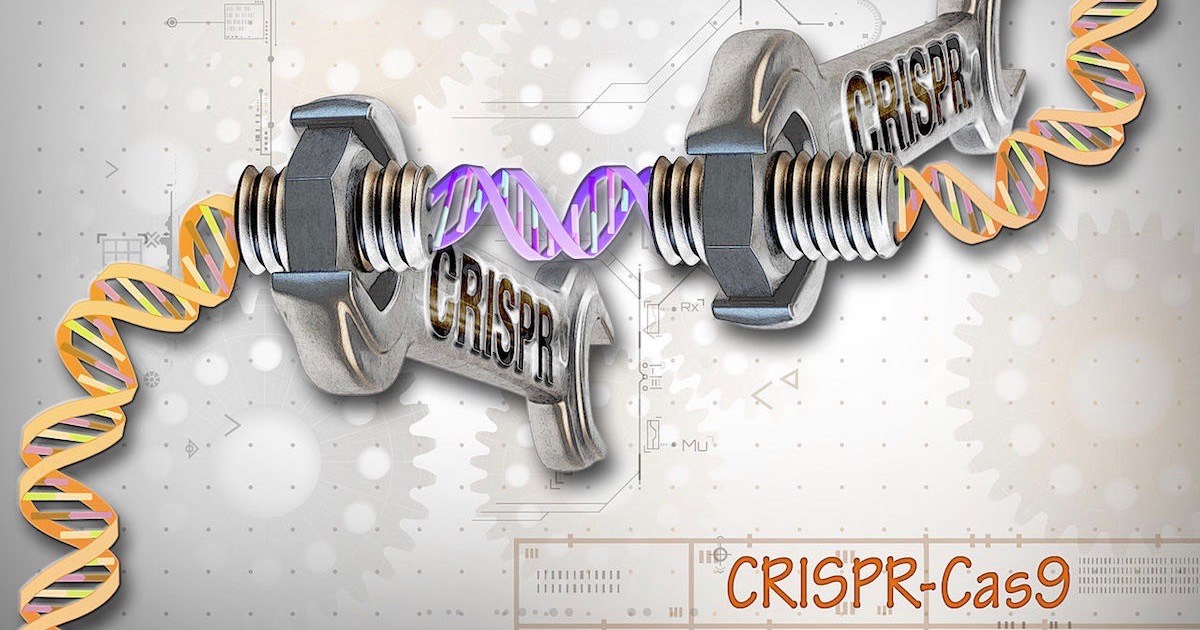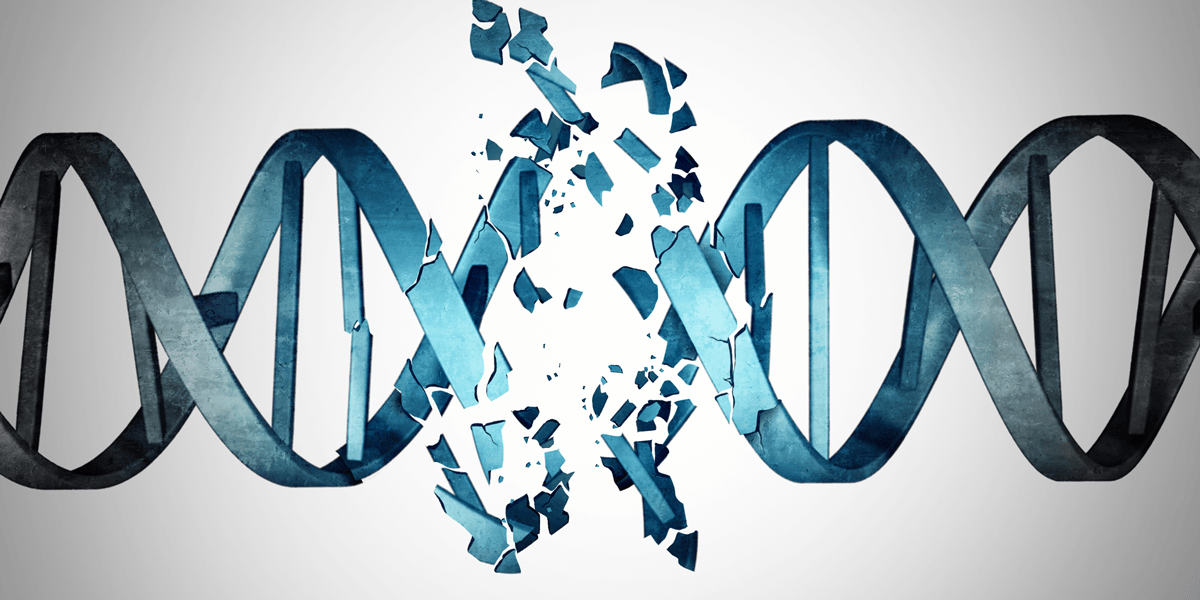A new study published in Nature Methods has found that the genome editing technology CRISPR introduced hundreds of unintended mutations into the genome of mice.
In the study, the researchers sequenced the entire genome of mice that had undergone CRISPR gene editing to correct a genetic defect. They looked for all mutations, including those that only altered a single nucleotide (DNA base unit).
They found that the genomes of two independent gene therapy recipients had sustained more than 1,500 single-nucleotide mutations and more than 100 larger deletions and insertions. None of these DNA mutations were predicted by the computer algorithms (software packages) that are widely used by researchers to screen the genome (the total DNA base unit sequence) of an organism to look for potential off-target effects.
While this study was conducted in the arena of gene therapy, it has clear implications for the regulation of food plants and animals derived from CRISPR and other genome editing techniques.





